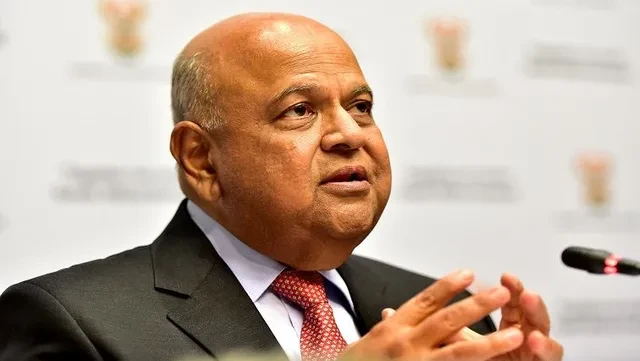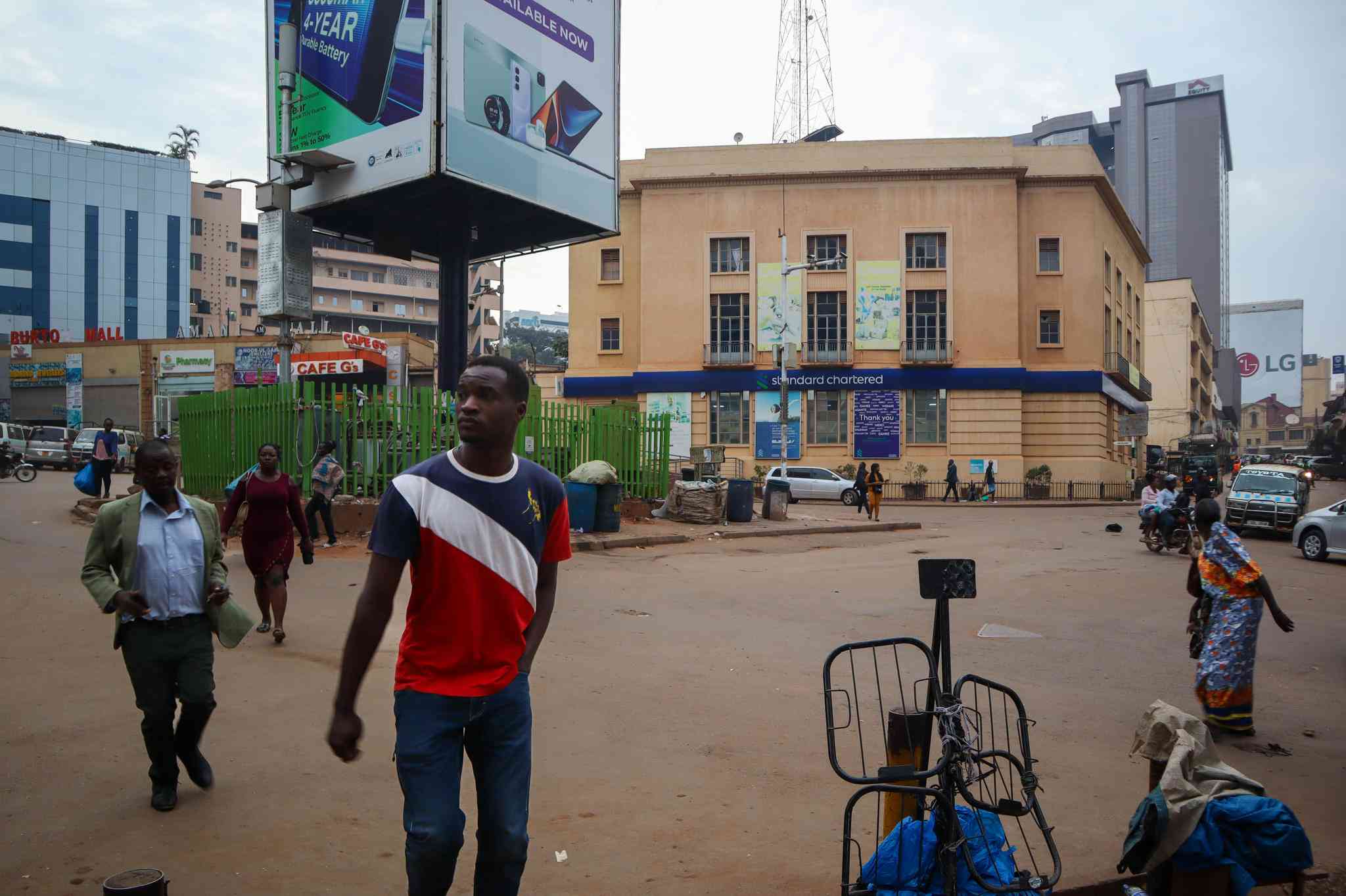
Pravin Gordhan, the founding commissioner of the South African Revenue Service (SARS), twice finance minister and the face of the resistance against the Zuma and Gupta-led project of state capture, died on Friday morning.
He was 75.
According to a statement from his family, Gordhan "passed away peacefully in hospital surrounded by his family, closest friends and his lifelong comrades in the liberation struggle".
The statement added that Gordhan's message to friends and family was that he had "no regrets, no regrets…We have made our contribution".
He is survived by his wife Vanitha, and his daughters, Anisha and Priyesha.
Gordhan was admitted to the Wits Donald Gordon Medical Centre in Johannesburg on Tuesday after a recent cancer diagnosis. The former freedom fighter and trained pharmacist retired from politics after the national and provincial elections in May, following a lifetime in politics.
He became a lightning rod for vicious attacks and racial slurs because of his firm resistance to state capture, the project of grand corruption facilitated by former president Jacob Zuma, acting in concert with the Gupta extraction enterprise and various ANC patronage networks.
During his second stint as finance minister, between December 2015 and March 2017, Gordhan and the senior leadership at National Treasury were the last line of defence against complete Zuma-Gupta capture of the state in which Treasury and the SA Reserve Bank was the biggest prize.
- Chamisa under fire over US$120K donation
- Mavhunga puts DeMbare into Chibuku quarterfinals
- Pension funds bet on Cabora Bassa oilfields
- Councils defy govt fire tender directive
Keep Reading
His last posting in government, however, as the Minister of Public Enterprises, was unsuccessful because of the inability of various parastatals to improve their performance. Eskom was plagued by load shedding, mismanagement and corruption, while his attempts to offload SAA to private investors were disastrous.
Under Gordhan, SARS became a world leader
Appointed first commissioner of the newly established SARS in 1998, Gordhan is credited with building a receiver of revenue that was considered a world leader in innovation and technology. It was under his leadership that the government was able to improve tax collection between 1998 and 2009. This enabled the state to expand a range of service delivery projects, including expenditure on health, education and infrastructure to help eradicate the country's apartheid legacy.
He, along with Trevor Manuel, who was finance minister between 1996 and 2009, also approved the establishment of a dedicated investigations unit at SARS to help the government combat organised crime and illicit money flows, which cost the fiscus billions of rand every year. This later became the source of rampant disinformation campaigns and the basis of attempts to remove him from office and undermine his reputation and authority.
Following the victory of Zuma at the ANC's national conference at Polokwane in 2007, and Zuma's election as head of state in June 2009, Gordhan replaced the long-serving Manuel as finance minister. His appointment was widely welcomed because of his position as SARS commissioner and because he was part of Manuel's so-called finance family, which adhered to prudent fiscal policies and responsible spending practices.
Gordhan was removed as finance minister shortly after the 2014 national and provincial elections, with Zuma moving him to the Department of Cooperative Governance and Traditional Affairs. He was replaced by Nhlanhla Nene, who was until then chairperson of the Standing Committee on Finance.
Zuma's assault on Gordhan, National Treasury
In 2015, as the Zuma-Gupta project of state capture was nearing its high-water mark, Zuma dismissed Nene after the latter's refusal to agree to an agreement which would see South Africa procuring nuclear power stations from Russia. In the melee that followed, Gordhan was returned to the finance ministry despite Zuma's fundamental and deep distrust of the man.
What followed was a sustained campaign against him and Treasury, driven by the president and assisted by acolytes such as Shaun Abrahams, then-national director of public prosecutions Berning Ntlemeza, the head of the Hawks, and Cabinet ministers, including David Mahlobo, Nathi Nhleko, Nomvula Mokonyane and Bathabile Dlamini.
Abrahams relentlessly pursued trumped-up criminal charges against Gordhan, Ntlemeza harassed Gordhan incessantly, and Mahlobo, Nhleko, Mokonyane and Dlamini attacked him in Cabinet and in public.
Mahlobo remains a deputy minister, Mokonyane is one of the ANC's deputy secretaries-general, and Nhleko is now with Zuma's MK Party.
Tom Moyane, who was appointed SARS commissioner in September 2014, also refused to accept Gordhan's authority as finance minister and, despite efforts by Gordhan to rein him in, Moyane proceeded to almost destroy the receiver.
Second tenure as finance minister
During his second tenure as finance minister, Gordhan sought to limit the rampant corruption that became brazen and pervasive, bringing him into direct conflict with Zuma and his network. Gordhan stopped a corrupt deal that was advocated by SAA board chairperson Dudu Myeni, a close confidant of Zuma. He also looked to limit the influence of the Guptas at parastatals, and started investigating unfolding events at Eskom, Transnet, Prasa and other state-owned enterprises.
He turned Treasury into the most transparent of government departments to shore up his defences against the relentless campaign by Zuma. In May 2016, he issued a remarkable statement calling on the public to "defend National Treasury and its employees", who were trying their best "under extraordinary circumstances".
Senior officials at Treasury, and those in his inner circle at the ministry, were fiercely loyal to him, supporting his efforts to beat back the Zuma-Gupta assault.
Zuma summarily dismissed Gordhan as finance minister in March 2017, replacing him with another Gupta functionary, Malusi Gigaba. His dramatic removal led to a national outcry and galvanised broad public action against Zuma and state capture. He confronted Zuma during a meeting of the ANC's national executive committee and returned to Parliament as an ordinary MP to lead a parliamentary inquiry into Eskom.
During this period, he also became a leader of the political campaign that sought to elect then-deputy president Cyril Ramaphosa as ANC leader.
Gordhan's stance on state capture, Zuma and rampant corruption regularly made him the target of not only internal ANC opponents, but opposition parties such as the EFF.
Its leaders, Julius Malema and Floyd Shivambu, regularly directed slurs at Gordhan, who as finance minister and former SARS commissioner had deep knowledge of tenders and illegal money flows. He was the victim of repeated disinformation and smear campaigns, and attacks by actors such as Busisiwe Mkhwebane, who was removed as the Public Protector.
An unhappy final posting
Ramaphosa appointed him Minister of Public Enterprises in 2018, in the hope that his insight as finance minister could help to rescue the ravaged and gutted parastatals following years of capture and corruption. But the period in office until his retirement was an unhappy one. Eskom lurched from crisis to crisis, while Transnet suffered some of its biggest losses in its history.
SAA all but collapsed, with a proposed private equity deal proposed by Gordhan eventually rejected. He was accused of micromanagement and interference at Eskom, and selling SAA for a pittance to corporate raiders.
Gordhan announced his retirement shortly before the May elections, and despite his disappointment with the ANC and misgivings about the party's future, continued to support and campaign for it.
He remained deeply concerned about the continued existence of networks of patronage and corruption embedded in parastatals, especially at Eskom and Transnet, and was frustrated by the ANC's tolerance of many state capture figures that remain in leadership positions in the party, Cabinet and Parliament.
Gordan was born in Durban on 12 April 1949. He joined the Natal Indian Congress in 1971 and the underground struggle against apartheid shortly after. He was detained and tortured by the apartheid security police in the early 1980s.
During constitutional negotiations, he became joint head of the secretariat that managed the daily logistics of the negotiations process. After the 1994 elections he was elected to the National Assembly as an ANC MP and served as chairperson of the Portfolio Committee on Local Government, before he was appointed the as the first commissioner of SARS.










